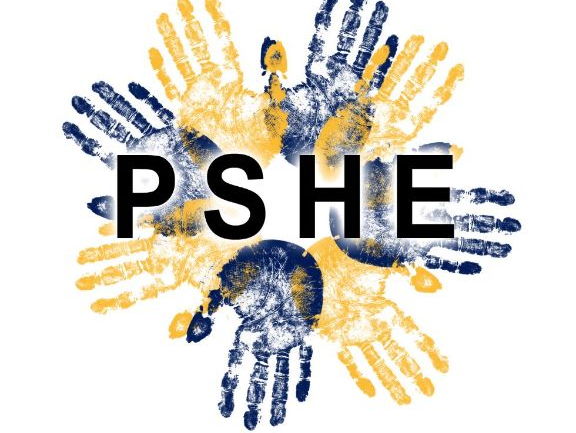

The government has new guidelines for ‘relationship and health education’ in schools but is it enough? Amy Knight discusses this and has some useful signposts for teachers to point students to.

image courtesy of www.tes.com
Positive attitudes towards mental health need to be embedded within school culture, not standalone lessons.
Last week, the DfE announced plans to amend the National Curriculum, meaning from September 2020, all schools must follow a programme of ‘health education’. This is not a proposal to make PSHE mandatory. However, encompasses reformed SRE, in addition to online safety, LGBT awareness, and understanding of both physical and mental health.
However, despite welcoming the news we’re becoming the first country to incorporate mental wellbeing within our curriculum. I don’t believe specific lessons are enough to change attitudes, and ultimately develop a society where mental health is not shunned or stigmatised, but nurtured openly and honestly. I firmly believe a child should have the same confidence, and reaction from others in expressing that they’re anxious, as they would to announcing they have a sore throat.
My concern derives from headlines such as that of The Times, “students aged 4 will learn how to beat depression”, indicating ‘health’ lessons may reflect the same stigma or worries which SRE currently evokes. Headlines such as these, leave visions of Y1s playing snap the symptom to the mental health condition! Instead, we need to focus on the fantastic work which schools are already doing to promote mental wellbeing. Activities which need to remain prevalent across ALL lessons and day-to-day activities, not merely standalone sessions, working towards building a culture of tolerance and understanding.
There are many commonplace ideas, perhaps so obvious, we forget they’re actually promoting positive mental well-being! For example, the impact of growth mindset. Many schools use cartoon depictions of certain qualities e.g. resilience or responsibility, encouraging children to become autonomous and reflect on their well-being in their daily lives. Even seemingly trivial additions to the classroom such as a “worry monster” where children are encouraged to share their concerns, followed by collective discussion. Both small examples are crucial parts of a culture of positivity towards mental health.
Although ultimately, sole responsibility should not lie within teachers. The DfE needs to provide sufficient funding behind their proposals. This will ensure teachers receive adequate training to manage the workload associated with undertaking a new responsibility. Additionally, research states one of the key factors associated with improving mental well-being is the importance of exercise and creativity. Both of which are being drastically reduced from school timetables as a consequence of a range of factors. I’d like to see this addressed within DfE proposals, as opposed to just an outline of curriculum content.
So, what can we do? Continue all of the above! In addition to utilising some of the following fantastic resources:
Specific teaching materials:
Whole-school guidance:
Signposting to support services:
The DfE are also running a 12-week consultation (until November) seeking opinions on its draft guidance, which I urge you to take the time to contribute to!
I’d love to know your thoughts on whether the DfE proposals are sufficient? Or is there any other resources you would like to share?